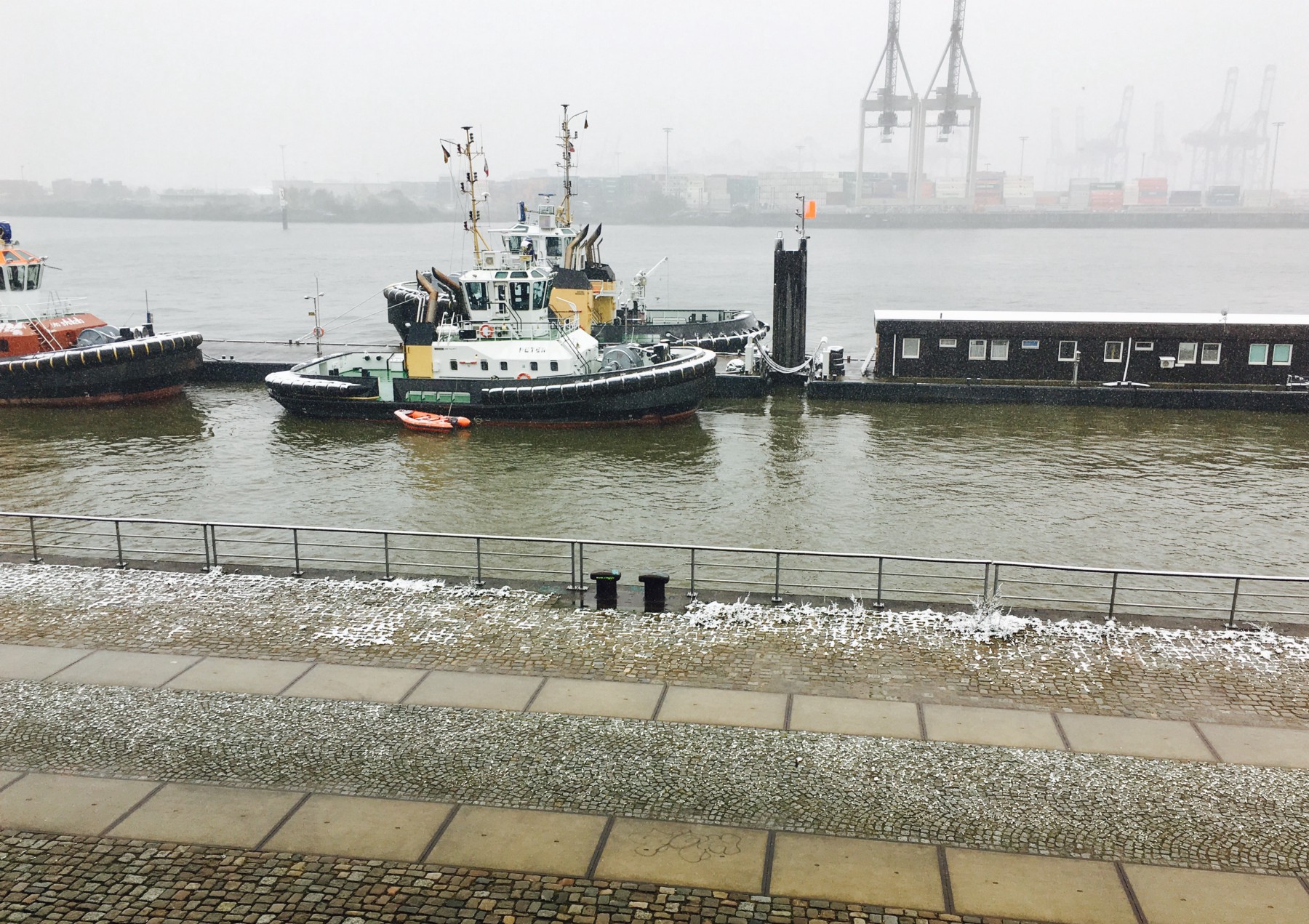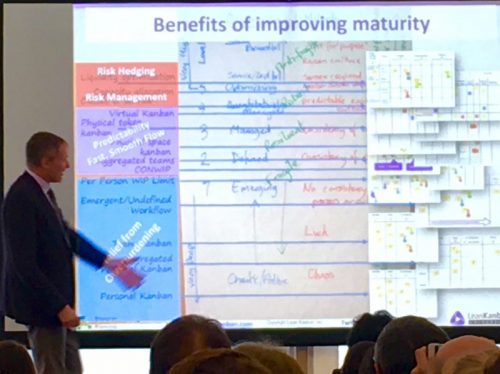My personal Résumé on #LKCE16

I just attended the Lean Kanban Central Europe 2016 (#LKCE16) here in Hamburg, which was held on 8th — 9th of November.
Disclaimer: This is my personal review and influenced by the sessions I’ve attended. For others this might not copy or apply as well.
Noise
First of all: For me the form won over content. It was simply terrible cold. Wait, why was it cold? Because someone picked a nice designed, small restaurant like place for over 200 people (guess) and pimped it with two tents outside. Heaters were installed but not able to fight the cold, which was quite unusual for Hamburg, but still it is autumn and close to winter and we’re not talking about mediterran weather here.
At some time on the first day they provided blankets and even socks to fight the cold. List of cons would add up a lot, to make it simple: This conference was not easily usable. If it would be a website which I should visit and read (and had not pay for) I would simply close it.
Signal to noise ratio was really low.
Signal
Keynotes were held by David Anderson, Niklas Modig and Julian Birkinshawand had some interesting points.
Anderson has talked over Proto-Kanban (Slideshare), which in his mind is normal Kanban, with low maturity levels. High maturity levels would include pull across entire chain and scale, no backlog grooming and Risk Management / Hedging.
What I understood from this is: For having Kanban implemented you have to talk, you have to think and you have to really nail down the important and ugly questions. For me it was always like this. One of my most used sentences during Kanban sessions was:
Intelligence is not built in the board, (hopefully) it is staying infront of it.
Part I of Modig’s speech was quite the one you can watch here on TED:
My takeaways:
Think Flow Efficiency, not Resource Efficiency.
Part II: Have a look at Jidoka.
1. Detect the abnormality.
2. Stop.
3. Fix or correct the immediate condition.
4. Investigate the root cause and install a countermeasure.
Takeaway from Birkinshaw’s speech:
Too much information creates a deficit of attention
His main topic was Adhocracy and his new upcoming book.
Wisper
I was really happy being able to hear Marcus Hammarberg’s talk about his Kanban approach in helping a Indonisian hospital. I love such stories, because in the end all of our fance method stuff boils down to:
- Keep it simple
- Iterate on problem solving
- Have personal connection and impact
- We are all humans, with human communication biases and needs
Conclusion
For me the Lean Coffee session was very cosy and valuable. I for now think more like attending a Unconference or Open Space next time soon. 🙂
